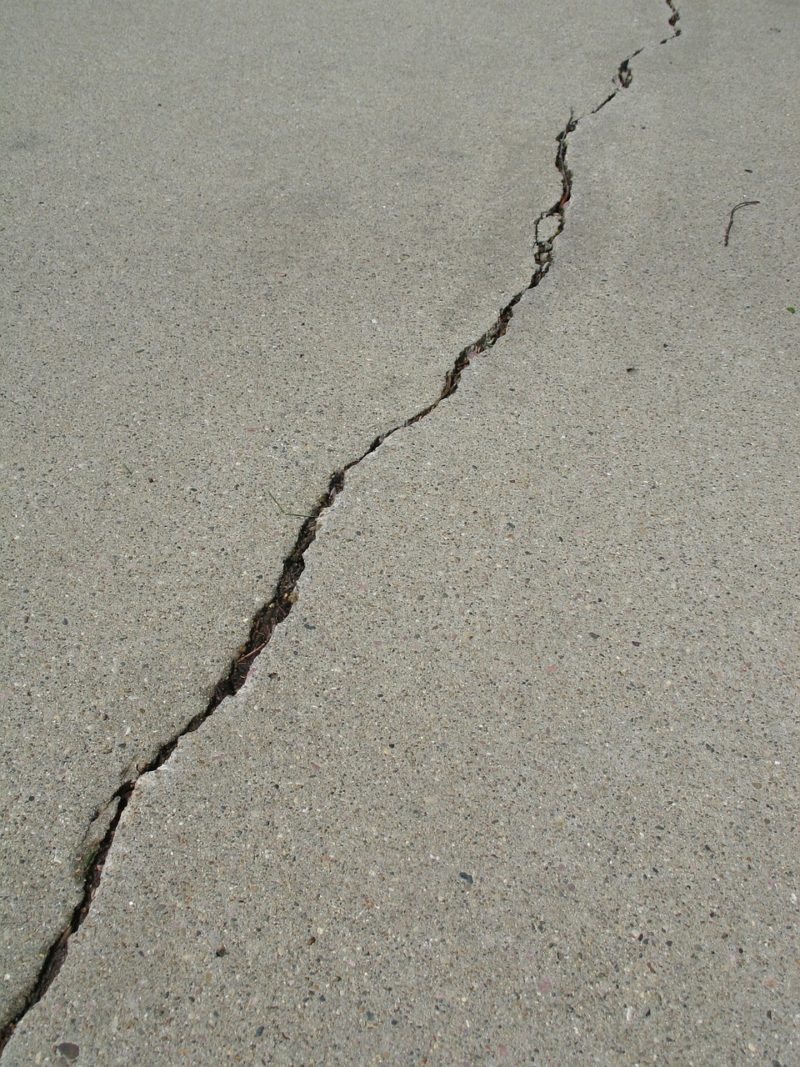How Often Should You Seal Your Driveway? A Simple Guide
Did you know that American homeowners spent nearly $400 billion on home improvement in 2018 alone? This figure is expected to double by 2025 as more and more homeowners see the benefits of continuous home improvement. Some of the most popular renovations include kitchen remodeling, hardwood floor installation, and even sealing driveways.
But one of the most commonly asked questions is—how often should you seal your driveway? Adding a sealant to your asphalt or concrete driveway can provide many benefits, but how frequently should you do it? Keep reading this article to find out!
Driveways Should Be Sealed Once Every 1 to 3 Years
Each driveway is different, but as a general rule of thumb, homeowners should seal their driveways once every 1 to 3 years. If you’re able to see the stones making up your asphalt driveway, chances are that now it’s a good time to seal it. Ideally, you might want to carefully inspect your driveway at least two times a year and decide if it needs resealing or not.
Don’t wait until it’s too late because extreme weather and temperature conditions can significantly damage your asphalt driveway.
Remember to Seal Your Driveway Correctly
If you have decided that now it’s a good time to reseal your driveway, make sure that you do it properly. For example, the outdoor temperature should be at least 50 degrees Fahrenheit when you do it. Warm temperatures help the sealant adhere to the asphalt driveway better.
Secondly, you might want to watch the weather forecast and see if it’s going to rain in the upcoming days. Ideally, the sealant applied on your driveway should remain free of rainfall for at least 48 hours. If you just paved your driveway, make sure that you wait for at least six months before applying the sealant, otherwise, it will not be as efficient as possible.
Benefits of Sealing Your Driveway
You might be happy to find out that there are many benefits associated with sealing your driveway. For example, the sealant can repel rainfall or other coming from other sources. Water is the main enemy of concrete or asphalt driveways as it can easily infiltrate and cause cracks and deterioration. Secondly, the sealant protects the surface against UV light coming from the sun. UV light is known for having a fading effect on furniture items and asphalt/concrete driveways.
Lastly, regular sealant application will also make it easier for you to clean your driveway. You will be able to sweep it with little to no effort during your weekly maintenance routines and save a lot of time throughout the year. If you’re curious how much it costs to seal your driveway, click the following link to learn more.
Now You Know How Often Should You Seal Your Driveway
Hopefully, this article provided ample answers to your original question—how often should you seal your driveway. The next logical step would be to inspect your driveway and decide if now it’s a good time to seal it.
But before you do that, make sure that you check out the other articles on our website to learn more landscaping tips and how to improve your home on a budget.













